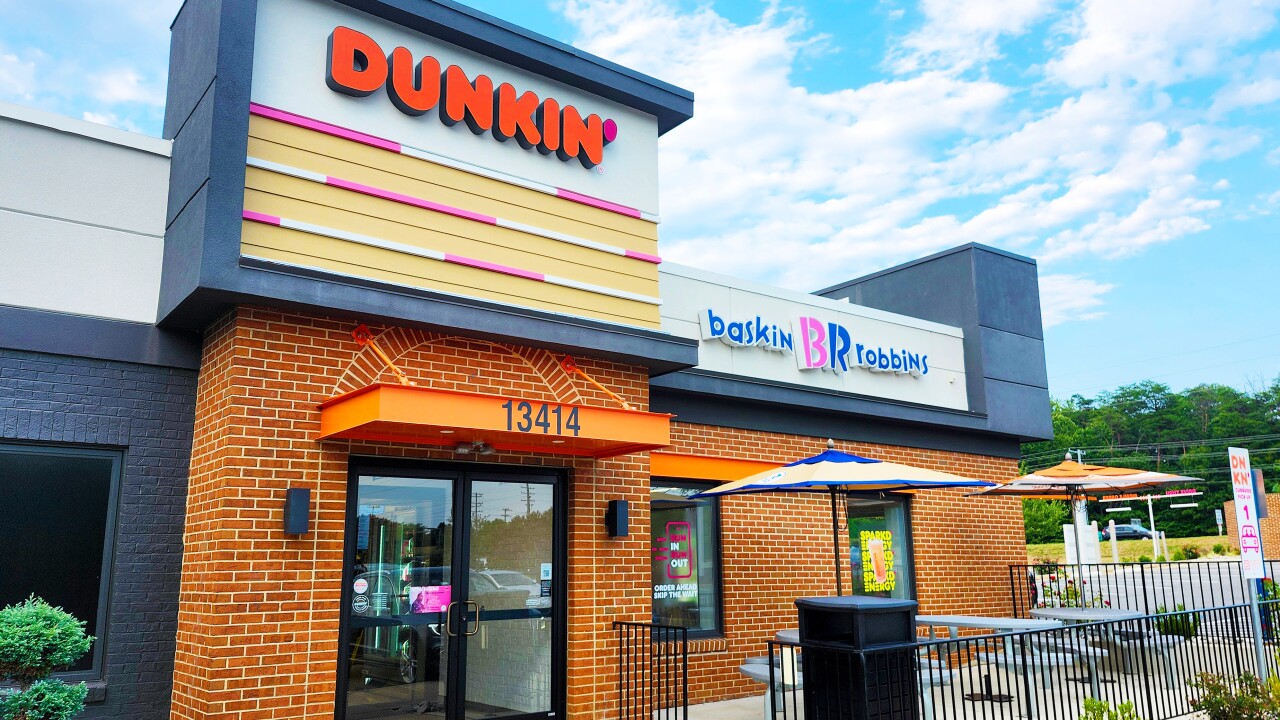Expect higher delinquency rates among U.S. commercial mortgage-backed securities (CMBS) by yearend 2023, Fitch Ratings analysts say, pointing to a number of challenges currently gripping the U.S. economy, including higher interest rates, persistent inflation and widespread expectations for weak economic growth in 2023.
Those rates will increase significantly between 4.0% and 4.5% by yearend 2023, up from 1.89% as of October 2022, Fitch said.
Retail and hotel commercial CMBS, already experiencing the highest delinquency rates among all property types, will see further increases, the rating agency said. As of October 2022, retail and hotel CMBS had delinquency rates of 5.7% and 4.9%, respectively, the rating agency said. By yearend 2023 retail and hotel mortgage-backed bonds are expected to see delinquency rates range between 10.8%-11.3% and 8.3%-8.8%, respectively, according to Fitch's findings.
One week into the 2022 holiday shopping season, hard numbers for in-store retail sales are still pending, but predictions were not all rosy for next year. Fitch expects macroeconomic challenges to suppress consumer spending, retail revenues and profitability.
"The maturing class B and C mall loans will default given continuing reduced liquidity for refinancing, overall negative market sentiment and limited ability for weaker sponsors to access capital," the rating agency said, outlining the sector's biggest challenge.
For hotel mortgage-backed securities, Fitch expects a better outlook, due to stronger industry fundamentals.
"Forward room bookings and pricing expectations are string for 2023, driven by improving group room nights and healthy leisure demand," the rating agency said.
The rating agency does not expect the hotel CMBS delinquency rate to return to its pandemic peak of 18.4%, it said.
While the other major property sectors will not experience the same level of increases in delinquencies, they will see ongoing delinquencies, too, according to Fitch. Multifamily, office and industrial rates are expected to exceed their pandemic peaks.
As for the office sector, post-pandemic hybrid working arrangements will continue to impact rent growth and occupancy metrics. Fitch expects that some CMBS sponsors, especially those with limited capital resources, to backfill vacancies in their buildings. When tenants do return, they will likely flock to higher quality buildings.
"Office properties generally benefit from longer-term leases and staggered expirations," Fitch said. "However, already underperforming and lower quality class B and C properties at risk of obsolescence … and/or locations in markets with singular demand drivers are at a higher risk of default."






